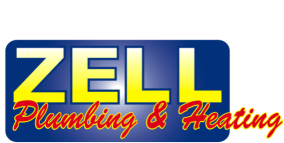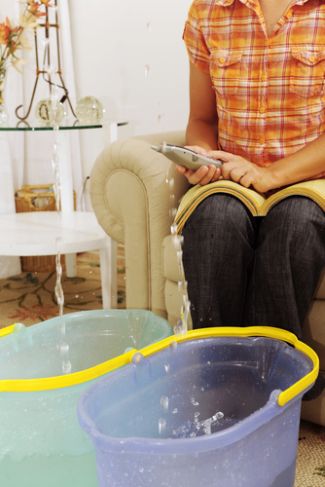|
Water damage can bring about sudden and serious damage in our lives. We do our best to shield our homes and organizations from occasional storms, catastrophes and wear and tear. Indeed, even with the majority of our precautionary measures, sometimes that cold snap is excessively cold, the water rises quickly, or that pipe begins to spill while we are away from home.
By following the five steps listed below you will get through water damage disaster and get your world back again. |
1) Safety is your First Concern
2) Lookout for a Start-to-Finish Professional
3) Remove Stagnant Water and Residual Moisture
4) Protect Your Health by Sanitation
5) Repair or Replace Damaged Structures
For vast scale water damage, you might need to reach out to a specialist such as Vital Restoration. It is vital to restore water damage when it happens, and to do so completely.



 RSS Feed
RSS Feed


